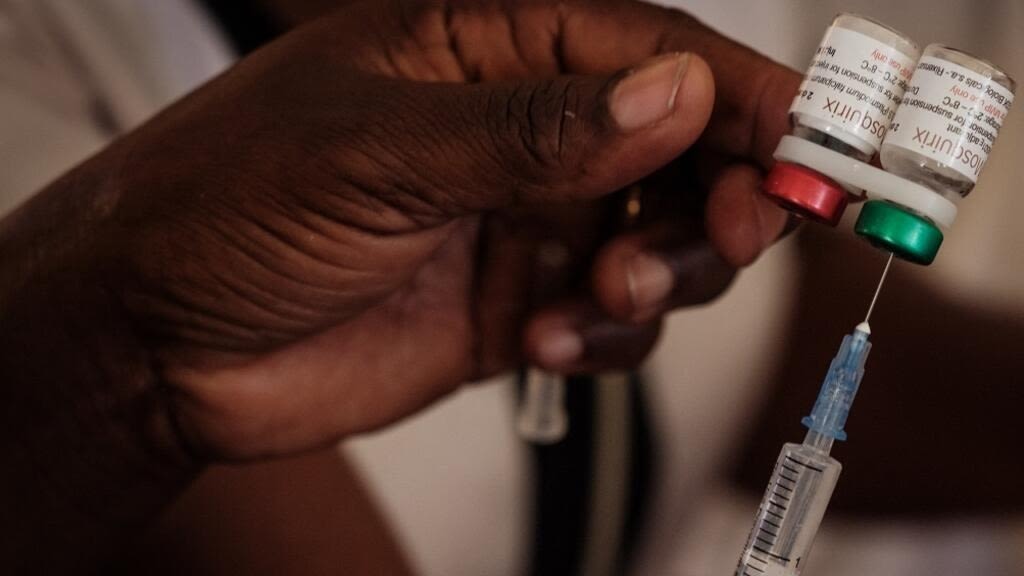Search results
People can get cholera from drinking water or eating food containing cholera bacteria. Cholera can cause life-threatening watery diarrhea and vomiting. Take steps to reduce your risk of getting cholera if you're going to an area where the disease is present.
Apr 30, 2021 · Cholera usually doesn’t spread directly from person to person, but it can. So it’s important to wash your hands to prevent infection. Cholera bacteria also live in salty rivers and coastal waters. Some people have gotten cholera from eating raw or undercooked shellfish, though that’s rare.
News about Nigeria, community engagement, cholera outbreak
News about antimicrobial resistance, Japan, pandemic
News about Africa, vaccine production, funding
Also in the news
Dec 11, 2023 · WHO fact sheet on cholera: includes cholera key facts, definition, symptoms, history, risk factors, prevention, control, treatment, travel and WHO response.
May 12, 2024 · Cholera is a bacterial disease spread through contaminated water and food. Cholera can cause severe diarrhea, dehydration, and even death if the disease goes untreated. People living in places with unsafe drinking water, poor sanitation, and inadequate hygiene are at highest risk of cholera.
Early Research Led to Today’s Most Important Treatment. Oral rehydration therapy (ORT), or the administration of an oral solution containing glucose and electrolytes, is currently the predominant treatment for cholera worldwide.
Dec 9, 2022 · Cholera is a treatable — yet potentially fatal — bacterial disease that causes diarrhea and dehydration. Learn how to lower your risk.
Sep 21, 2023 · Cholera Treatment and Prevention. There is a vaccine for cholera. Both the CDC and the World Health Organization have specific guidelines for who should be given this vaccine.

